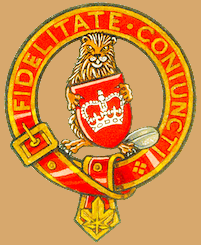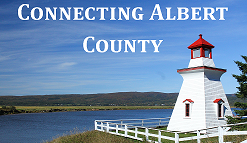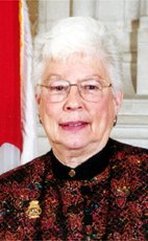the Slavery Abolition Act 1833 received royal assent. While it
is often thought that this was done during the reign of Queen
Victoria, it actually went into force three years before she
ascended to the throne. That said, I thought I'd share a few
interesting stories to mark this anniversary.
British Empire's First Anti-slavery Act
Empire was enacted in Upper Canada, now Ontario, in 1793.
This Act Against Slavery was championed by John Graves
Simcoe who was a loyalist and served as the first lieutenant
governor of the new colony. While an abolitionist his aims
were partially thwarted by powerful members of the elected
Legislative Assembly.
The act was a compromise. Simcoe got a total ban on the
importation of slaves into the colony and freedom for any
child of a slave women at age 25. In return no slaves were
immediately freed by the act. Even so, there was an attempt
six years later to revoke the act which the un-elected
Legislative Council rejected.
|
Queen Victoria and the African Princess
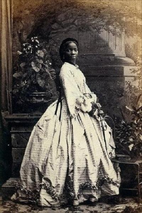 Omoba Aina
Omoba Aina princess of the Yoruba people she was orphaned and enslaved
at the age of five by King Ghezo of Dahomey. He intended to
use her for a human sacrifice but was rescued when Captain
Frederick E. Forbes of the Royal Navy convinced King Ghezo
to gift her to Queen Victoria. The captain gave the young child
the name Sara Forbes Bonetta (Bonetta being the name of the
ship he was captain of).
In 1850 she was presented to Queen
Victoria who was impressed with her
exceptional intelligence and had her raised
as a member of the British middle class as
her Goddaughter. Due to health concerns
attributed to the climate of England she
returned to Africa in 1851 but was back in
England by 1855. She would be invited to
attend the wedding of Princess Alice in
1862.
Later that same year Sarah (affectionately nicknamed Sally by
the Queen) asked permission to marry a Yoruba sea captain
by the name of Captain James Pinson Labulo Davies to which
the Queen agreed. The couple moved to their native Africa
and settled in Lagos, Nigeria. The Queen continued to look
out for her goddaughter's well-being and the Royal Navy had
standing orders to evacuate Sarah in the event of an uprising
in Lagos.
Sarah would have several children with her eldest daughter
also being Queen Victoria's goddaughter. Today members of
the family live in Sierra Leon, England, and Nigeria.
Patron of the Anti-slavery Movement
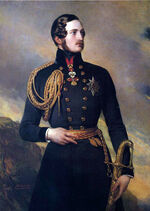 Prince Albert
Prince Albert 1833 there remained a number of exceptions and continuing violations of
the law that allowed reduced slave trading
activities to continue. There was also the
issue of the West African nations which
had practiced slavery for generations before the Europeans arrived and continued to do so. In 1839 Fowell Buxton set up the Society for the Extinction of the
Slave Trade and for the Civilization of
Africa to oppose the slave trade. Prince Albert agreed to become the organization's patron and spoke at the society's first public meeting:
from it, heed its warnings, to understand our times, and
reflect upon what more might remain to be done.
Loyally Yours,
A Kisaragi Colour
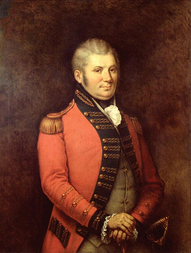
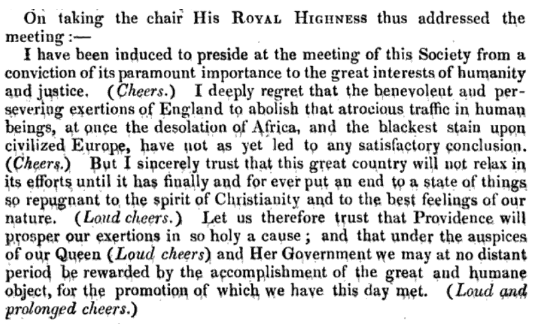

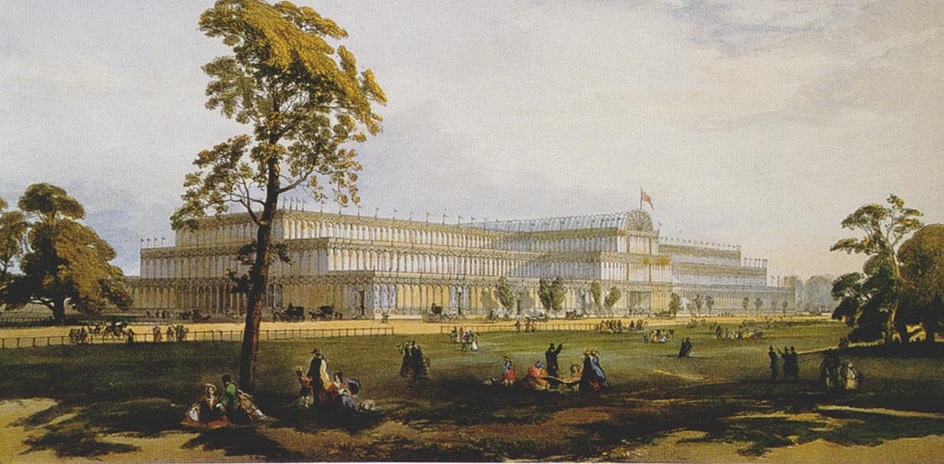
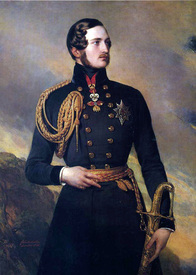
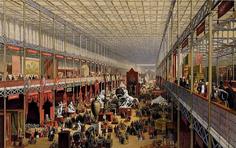
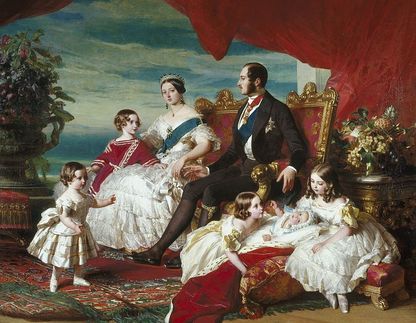
 RSS Feed
RSS Feed
